On September 12, 2020, the John J. Carroll Institute on Church and Social Issues (JJCICSI) and the Simbahang Lingkod ng Bayan (SLB) held an online presentation of the national situation titled “See, Judge, Act: An Analysis of Social Issues and Discernment on Action, Guided by the Catholic Social Teaching”. Attended online by more than 80 members of Church-linked organizations (religious congregations, faith communities, and institutions) and livestreamed on Facebook, the presentation sought to deepen the participants’ understanding of pressing social issues, especially in light of the COVID-19 pandemic, and to help them discern on possible Church actions and responses.
Dr. Anna Marie Karaos, Associate Director and Head of the Urban Poverty and Governance Program of JJCICSI, gave an overview of the issues by clustering them into “stories”. The new stories that have emerged in the past few months include record joblessness and hunger, a public school system struggling to educate children, more families pushed into poverty, and higher cases of domestic violence against women and children. These indicate the impacts of the government’s poor response to the effects of the pandemic to the poor and vulnerable. There are also continuing stories that recently made headlines: violence against the poor, corruption allegations, and attacks on press freedom. Stories of oligarchies and political dynasties growing in power and wealth, systemic corruption, and environmental degradation are a staple in the national situation. Dr. Karaos emphasized at the end of her presentation the importance of educating the youth to participate in the 2022 national elections, involving ourselves in protecting the environment, and cultivating a sense of selflessness and responsibility among citizens.
Bro. Edryan Colminares, SJ, Associate Director for Programs of SLB, discussed how the Church as “the whole people of God, not just the bishops, priests, beacons, clergy, or religious sisters and brothers” can respond to the challenges of the present situation. The Church, he said, has a role in healing, uniting, and reconciling a seemingly fragmented society. This involves finding the root causes of injustice, indifference, poverty, suffering, and polarization, and speaking up against people and social systems behind these. Bro. Colmenares stressed that the Church betrays its moral duty when it is silent and complicit in the face of lies and opportunism. It is called to speak truth and demand accountability.
The presentations were followed by reactions given by Fr. Daniel Franklin E. Pilario, CM, dean of the St. Vincent School of Theology, and Ms. Joanne Arceo, faculty member at the Ateneo de Manila University Theology Department. Fr. Pilario shared the realities experienced by people on the ground in terms of three issues, i.e., ayuda (cash assistance program of government for families affected by COVID-19 lockdown measures), tokhang (drug-related extrajudicial killings or EJKs), and pagsasaka (farming). He noted the “incompetent” and “bureaucratic” approach of the Duterte administration in dealing with the issues communities face and this drove people to organize themselves through local and personal networks, where they found much-needed care, refuge, and mutual support in this time of pandemic. Ms. Arceo underscored the importance of youth’s participation in their Church communities. She said that the Church can accommodate the youth by giving them space to ask questions, welcoming their ideas and creativity, and by being an epitome of a Church that is involved in upholding justice and protecting human dignity.
In a “spiritual conversation” that concluded the online forum, the participants shared in break out session how they felt after listening to the presentations, what discouraged them and gave them hope, and how they, as members of the Church, can respond to the issues.

